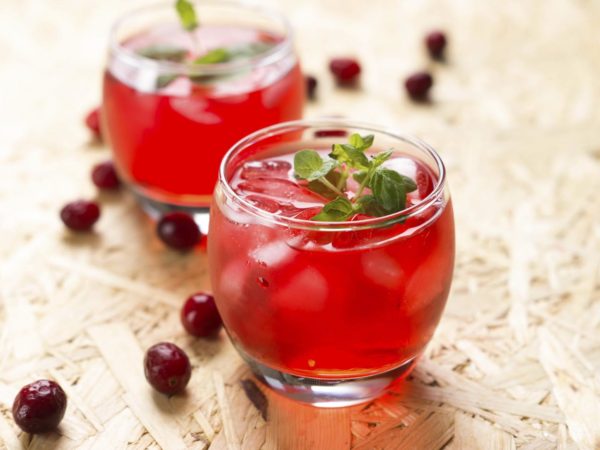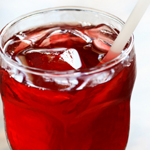Cranberry Juice Confusion?
I always thought cranberry juice could prevent and even cure urinary tract infections, but I’ve heard that a new study found that it doesn’t work. I’ve had mixed results. Should I give up on cranberry juice?
Andrew Weil, M.D. | February 28, 2017

Urinary tract infections (UTIs) occur when bacteria such as E. coli, which normally live in the small intestine, make their way into the bladder. Common strains of E. Coli are harmless in the small intestine but can be a problem when they establish themselves in the urinary tract. UTIs are very common, particularly in women, whose urinary anatomy makes them much more susceptible than men. These infections are believed to account for more than six million visits to physicians every year.
The latest word on the use of cranberry to prevent UTIs comes from a study published online in the Journal of the American Medical Association (JAMA) on October 27, 2016. Researchers from Yale School of Medicine randomly assigned a group of 185 elderly women living in 21 nearby nursing homes to take two cranberry capsules or a placebo daily for a year. The two capsules were equivalent to drinking 20 ounces of cranberry juice daily. Urinary tract infections are very common in elderly women. The average age of the study participants was 86.
The researchers noted that over several decades, studies of cranberry products for prevention of UTIs have yielded conflicting results and that cranberry capsules had been under-studied in women living in nursing homes. At the end of the yearlong study, no benefit was observed in the women who took the cranberry capsules.
In an editorial accompanying publication of the study, Lindsay E. Nicole, an expert on urinary tract infections at the University of Manitoba, took a stand against the use of cranberry products for UTI prevention. “The continuing promotion of cranberry use to prevent recurrent UTI…seems inconsistent with the reality of repeated negative studies or positive studies compromised by methodological shortcomings,” she wrote, adding that this “continued promotion…seems to go beyond available scientific evidence….”
Among the investigations Dr. Nicole cited was a 2012 updated scientific review noting that at one time there was some evidence that cranberry juice might decrease the number of symptomatic UTIs, particularly for women who had recurrent infections. The reviewers concluded, however, that evidence published since 2008 “suggests that cranberry juice is less effective than previously indicated” and that given that “the evidence…for preventing UTI is small, cranberry juice cannot currently be recommended for the prevention of UTIs.”
Nevertheless, if you are prone to UTIs and find that cranberry juice helps you, there’s no reason to give it up. To help prevent UTIs it is important to increase your intake of fluids so that you urinate more frequently. Plain water is best. I recommend avoiding alcohol and coffee, both of which irritate the urinary tract. You can find more information on preventing UTIs here.
Andrew Weil, M.D.
Sources:
Manisha Juthani-Mehta et al, “Effect of Cranberry Capsules on Bacteriuria Plus Pyuria Among Older Women in Nursing Homes.” JAMA, October 27, 2016; DOI: 10.1001/jama.2016.16141
Lindsay E. Nicole, “Cranberry for Prevention of Urinary Tract Infection?” October 27, JAMA, 2016; DOI: 10.1001/jama.2016.16140
R.G. Jepson et al, “Cranberries for preventing urinary tract infections.” Cochrane Database of Systemic Reviews.” October 17, 2012, doi: 10.1002/14651858.CD001.pub5.Review












